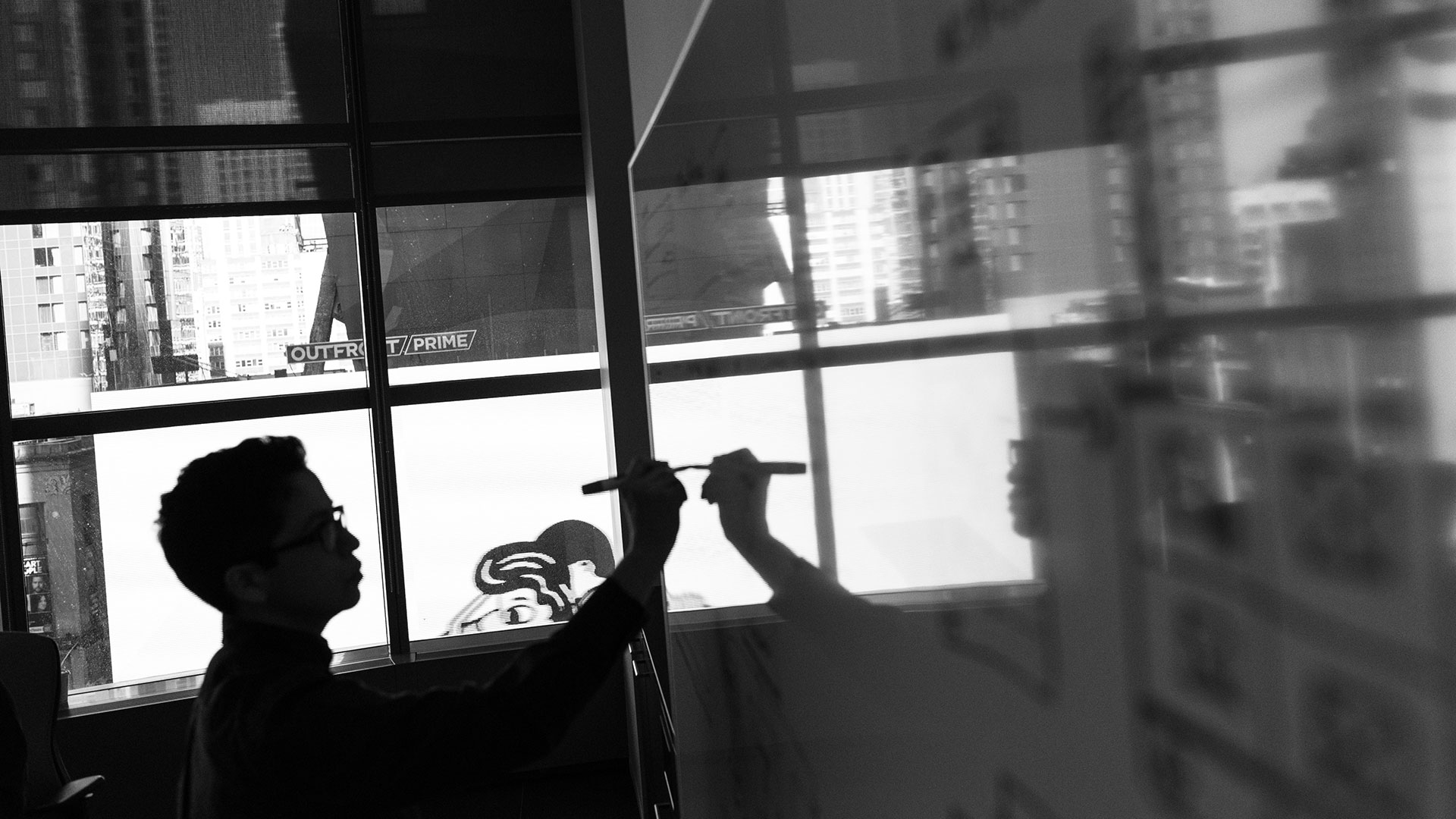
COVID-19 Crisis Management: Sharing My Retail Lessons Learned
By: Daniel Binder, Partner
While the coronavirus has caused unprecedented disruption in the retail industry, some aspects of this pandemic are not entirely unique. Although on a more regional scale, the SARS outbreak in 2003 also left retailers stunned, questioning how to successfully navigate the difficult circumstances. Having led a complex supply chain through SARS back then, there are a few lessons I’ve learned that can help retailers stay afloat during COVID-19.
Planning for the unexpected
Amongst the competitive landscape of the industry, retailers that had a disaster recovery plan in place prior to the onset of the outbreak are going to be in the best position to succeed. Their job now is to put the current coronavirus situation into the context of the existing plan and shift to crisis management operations. When outlining strategy, retail survival plans need to be set for a variety of timeframes – the first three months, the following six months, and then moving on from there as the business rights itself.
Setting immediate priorities
Unfortunately, there is no definitive timeline for when COVID-19 will cease to have an impact. With uncertainty comes increased pressure to correctly prioritize certain elements of the business model over others. Immediate priorities should include:
- Safeguarding the team – Employees need to be kept up to date with the crisis and the management plan so that they feel comfortable and well-informed moving forward.
- Remaining crystal clear with the customer – Continue to communicate to your customers, affirming your promises and beliefs – don’t stray from that.
- Focusing on cash – Across the board, retailers must manage cash and develop strong inventory management initiatives that optimize cash flow in an environment with very few top-line sales channels. This is critical.
- Resetting the revenue forecast – From experience, it’s hard to know in a situation like this where the bottom is, and it is natural to assume some optimism. I learned to be extremely conservative and balanced, focusing on what the norm will look like long term. Setting a very conservative forecast helps focus what impacts to your P/L these lower sales will have and creates very clear priorities. This will also drive investment focus on the most important priorities as recovery commences.
- Leveraging crisis mode – Retailers should align internally and employ the crisis response plan as a control tower to assure one message and one voice across the business.
Pessimistic yet practical
I recommend retailers maintain an extraordinarily pessimistic outlook on revenue; not to see the glass half empty but to remain realistic and practical. In 2003, SARS was not a major U.S. health concern; even then, it required roughly a six- to nine-month recovery period before we saw significant improvement.
Using SARS as a benchmark, I recommend retailers set expectations and operating models at a year, and then if it turns out to be shorter than that, great. You will have set focused operational plans that will enable a quicker come back. If the pandemic drags on longer than a year, then the organization has at least established some perspective on what to do to carry on.
Managing in the meantime
In these incredibly difficult times, some retailers don’t have the wherewithal or the stamina to handle this crisis alone. A strategic partnership can help to demonstrate what a post-recovery business model will look like. From my experience, this uncertainty is best handled by fact-driven, experienced-based strategies unique to your specific needs – exactly what our team of consultants can provide.
In partnership, Columbus Consulting can guide you through complex problem solving and assist with solutions for resetting the business and renewed strategic planning. With our deep experience in retail merchandising, inventory management, cash flow optimization, and IT road mapping, among other functions, we’re here to help. Don’t hesitate to reach out to us today.

